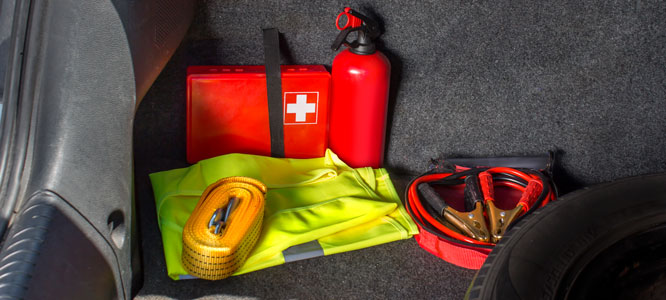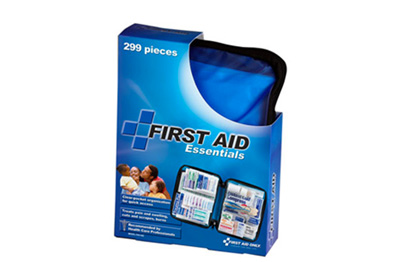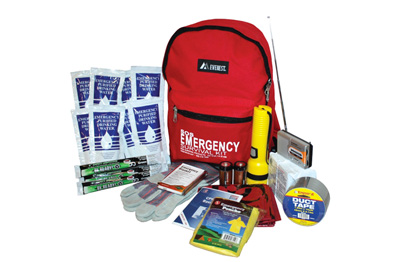
Basic Safety Preparation for EveryoneSunday, August 13, 2017 No matter the size of your household, whether you have children, pets, both or neither, basic preparation and emergency planning are always advisable. In this post, we'll outline some of the bare essentials every person should equip themselves with for everyday safety. When we think of preparedness and planning, we most often consider the major disasters; floods, earthquakes and fires tend to be in the forefront of the planning mind. We'll discuss planning for disasters like these a bit later on, but first let's talk about the five major offenders of accidental death and injury. According to the National Safety Council, accidental deaths and injuries most commonly include poisoning, vehicle crashes, falls, choking/suffocation and drowning. Poison SafetyIn recent years, poisoning has become the leader of accidental deaths, surpassing vehicle accidents for the first time ever, due to the availability of opioid drugs such as hydrocodone, oxycodone and fentanyl. To learn more about this epidemic and how to prevent it, visit this link. The Basics
Advanced
Falling AccidentsA fall can affect anyone, no matter what age. However, according to the CDC, falls affect one in three adults over the age of 65. Most often, falls occur at home and can be prevented. The Basics
Advanced
Suffocation & Choking AccidentsThe Basics
The most common risks for choking are eating too fast or too much at once. Suffocation occurs most commonly in children under one year of age. Choking occurs most commonly in adults over the age of 80. The most common food hazards include:
Advanced
Drowning AccidentsAccording to the National Safety Council, 10 people drown every day and most will be under the age of 15. Children drown most often in:
The Basics
Advanced
Fire SafetyAccidental fires are the sixth leading cause of death in the U.S. More than three-quarters of fire deaths occur at home when residents walk away from the stove, leave candles unattended or smoke inside. For more information about fire risk, safety and prevention, check out this post. The Basics
Advanced
Natural Disaster SafetyNatural disaster safety encompasses a wide range of topics including preparedness for earthquakes, floods, tornadoes and hurricanes. Your chances for encountering one of these types of disasters will depend on where you are located. For more information about which disaster you're most likely to encounter and how to properly prepare yourself for these, check out this post. The Basics
Advanced
|



 Adults can drown, too.
Adults can drown, too. 







